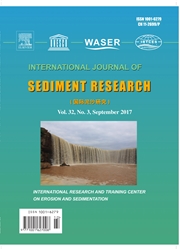
欢迎您!东篱公司
退出

 中文摘要:
中文摘要:
支气管哮喘(简称哮喘)是多基因参与的具有遗传易感性的慢性气道变应性炎症。胸腺基质淋巴细胞生成素(TSLP)是一种由上皮细胞产生的白介素7样细胞因子,与靶细胞TSLP受体相互作用,激活骨髓源性树突状细胞,并诱导一种特殊类型的炎症性Th2免疫应答,参与哮喘的发生和发展。TSLP还可通过调节核因子κB,参与哮喘的发病过程。多数家系聚集、孪生和大的遗传队列研究均证明,哮喘存在遗传易感性。靶向TSLP有望为今后哮喘免疫治疗带来新的前景。
 英文摘要:
英文摘要:
Thymic stromal lymphopoietin(TSLP) is a kind of interleukin 7-like cytokine which can trigger dendritic cell-mediated T helper(Th)2 inflammatory responses.The pathogenic T cells involved in asthma are likely to be inflammatory Th2 cells.TSLP is also involved in development of asthma via regulating nuclear factor NF-κB.It is promising for immunotherapy of asthma by targeting the TSLP pathway.
 同期刊论文项目
同期刊论文项目
 同项目期刊论文
同项目期刊论文
 期刊信息
期刊信息
